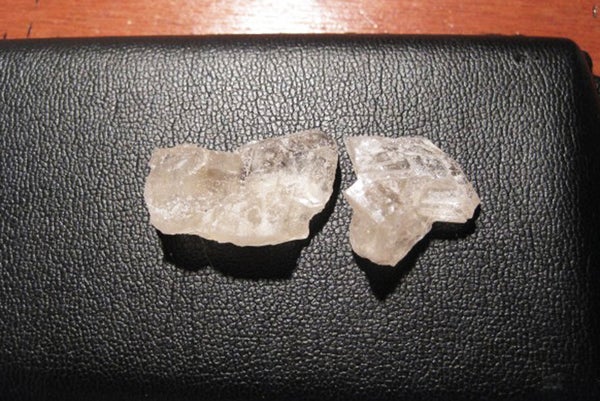关于支持科学新闻业
如果您喜欢这篇文章,请考虑通过支持我们屡获殊荣的新闻业 订阅来支持我们。通过购买订阅,您正在帮助确保未来能够继续讲述关于塑造我们当今世界的发现和想法的具有影响力的故事。
摇头丸爱好者请注意:根据今天在《神经病学》杂志上发表的研究结果,长期使用亚甲二氧基甲基苯丙胺 (MDMA) 可能会导致记忆丧失或损害。在一年多的时间里,研究人员研究了 15 名年龄在 17 岁至 31 岁之间的摇头丸使用者,他们平均每月服用该药物 2.4 次。他们发现,测试表明摇头丸的使用与记忆力衰退的不同方面有关。例如,在第一次和第二次评估之间,在短暂延迟后回忆故事的能力下降了约 50%。
多伦多大学的 Konstantine Zakzanis 是该报告的合著者,他警告说,这项研究依赖于患者的自我报告,这可能会产生误导性的结果。他还指出,街头毒品的成分是多变的。尽管如此,他评论说:“对于那些反复使用摇头丸的人来说,初步证据表明,随着药物的持续使用,记忆过程可能会受到损害。” “对于那些一生中使用摇头丸一两次的人来说,迄今为止,没有证据表明记忆功能会受到渐进式或永久性的损害,尽管摇头丸研究人员组成的陪审团仍在审议此事。”
